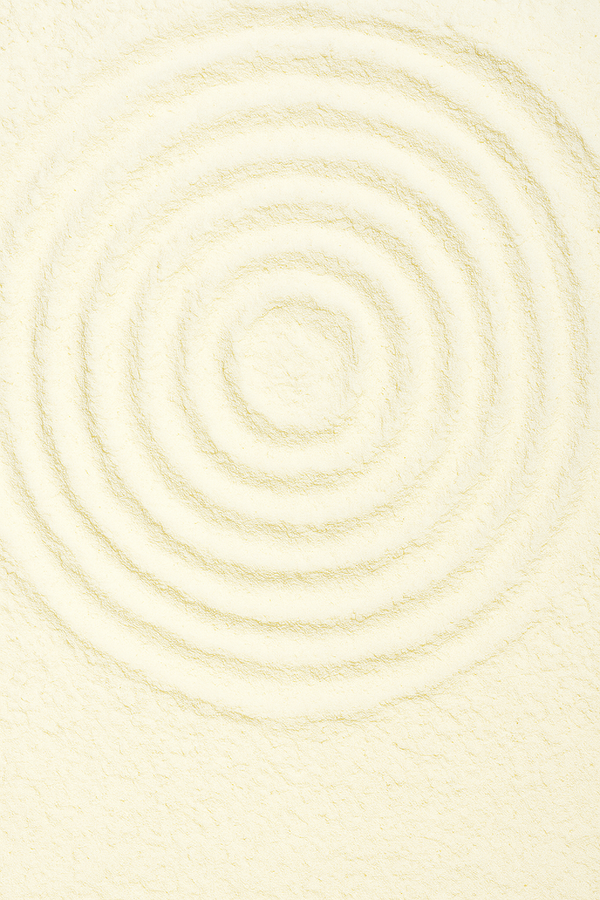When it comes to supporting gut health, two popular options often come up: colostrum and probiotics. Both are widely used to improve digestion, balance the microbiome, and strengthen immunity. But how do they compare — and which one is right for you?
In this article, we’ll break down the differences, the science behind each, and how they can work together to optimise gut health.
What Are Probiotics?
Probiotics are live bacteria and yeasts that are beneficial for digestion and overall health. They’re found in foods like yoghurt, kefir, sauerkraut, and also in supplement form.
How probiotics support the gut:
-
Add beneficial bacteria to the digestive system.
-
Help restore balance after antibiotics or illness.
-
Improve digestion and reduce bloating for some people.
However, probiotics are strain-specific — meaning benefits vary depending on the type and quality of bacteria used. Not all probiotic supplements are equally effective, and many don’t survive stomach acid long enough to reach the gut.
What Is Colostrum?
Colostrum is the first milk produced by mammals after giving birth. Rich in antibodies, growth factors, and nutrients, it has been used for centuries to support immunity and resilience.
How colostrum supports the gut:
-
Strengthens the gut lining, reducing issues like “leaky gut.”
-
Provides immunoglobulins to reinforce the immune system.
-
Supplies prebiotics that feed beneficial bacteria.
-
Reduces inflammation and promotes long-term digestive health.
Unlike probiotics, which add bacteria to the gut, colostrum helps create the environment where good bacteria can thrive.
Colostrum vs. Probiotics: Key Differences
| Feature | Colostrum | Probiotics |
|---|---|---|
| Source | First milk (bovine colostrum for supplements) | Live bacteria and yeasts |
| Main Action | Strengthens gut lining, provides antibodies, feeds microbiome | Adds beneficial bacteria to gut |
| Stability | Stable in supplement form | Some strains fragile, may not survive stomach acid |
| Immune Support | Strong — packed with antibodies and growth factors | Moderate — supports gut balance |
| Longevity | Supports long-term gut resilience | Often needs ongoing use to maintain balance |
Can You Take Colostrum and Probiotics Together?
Yes — in fact, they can complement each other. Probiotics introduce helpful bacteria, while colostrum strengthens the gut environment and provides the nutrients those bacteria need to thrive. Together, they may offer more complete gut support.
Which One Should You Choose?
If your goal is to:
-
Reinforce the gut barrier → Colostrum is the stronger choice.
-
Add more beneficial bacteria → Probiotics may be helpful.
-
Build a long-term foundation for gut health and immunity → Colostrum offers broader, more sustained benefits.
For many people, colostrum provides the foundation, while probiotics can be used as a supplementary boost.
Final Thoughts
Gut health is about more than just digestion — it influences immunity, energy, mood, and overall wellbeing. While probiotics can help balance the microbiome, colostrum works at a deeper level by protecting the gut lining, supplying immune factors, and supporting the environment where good bacteria flourish.
At Loustra™, we believe in building wellness from the inside out. Our Vital Tonic combines pure bovine colostrum with chokeberry for antioxidant support — designed to restore gut health and strengthen immunity with simplicity and purpose.
👉 Explore Loustra Vital Tonic and experience colostrum’s benefits for yourself.
References
-
Kelly GS. “Bovine colostrum: a review of clinical uses.” Altern Med Rev. 2003;8(4):378–394.
-
Ghosh S, et al. “Colostrum in health and disease: a comprehensive review.” Nutrition. 2021;90:111356.
-
Ouwehand AC, et al. “Probiotic and other functional microbes: from markets to mechanisms.” Curr Opin Biotechnol. 2002;13(5):483–487.
-
Playford RJ, et al. “Colostrum and milk-derived peptide growth factors for the treatment of gastrointestinal disorders.” Am J Clin Nutr. 2000;72(1):5–14.








